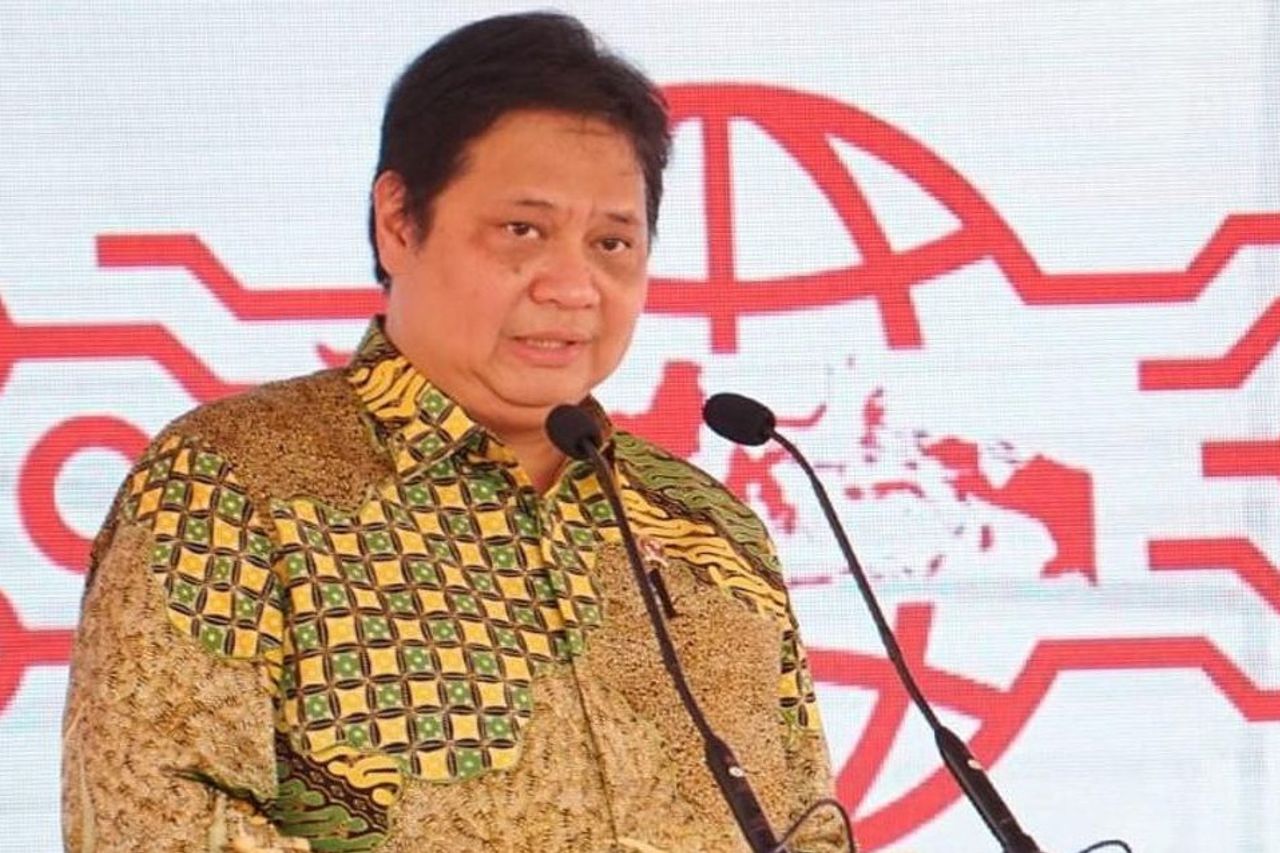Airlangga Guarantees That The Omnibus Law Does Not Change The Authority Of The Regional Government To The Central Government

JAKARTA - The Coordinating Minister for Economic Affairs Airlangga Hartarto revealed that one of the things that was discussed in the Ominbus Law draft of the Job Creation Bill was the transfer of regional government authority (Pemda) to the central government or the recentralization of authority.
Airlangga emphasized that the Job Creation Bill, which has now been submitted to the DPR, will not reformralize investment administration issues from regional governments to central agencies.
"Has there been recentralization or not? This affirms that the government is not withdrawing recentralization but what is being equated is the standard norms of procedures and criteria, or its NSPK," he said, during the Omnibus Law event: Government Breakthroughs for Economic Growth held by Assegaf Hamzah & Partners (AHP ), at the Four Season Hotel, Gatot Subroto, Jakarta, Thursday, March 5.
According to Airlangga, the government through the Job Creation Bill only regulates the harmonization of a number of overlapping regulations. One of them is related to the difference in investment licensing between the central and local governments.
Airlangga said that with this NSPK, the ministries / agencies and local governments would have the same norms, standard procedures and criteria regarding investment issues.
"Thus the NSPK is only encouraged that the central government, regional governments and ministries have the same NSPK and what is drawn is the service level agreement," he explained.
Then, Airlangga gave an example, the management of Borrowing and Use of Forest Areas Permits (IPPKH) in each provincial government often has a different completion time.
"Sometimes now IPPKH is in an area with others for a year, two years, three years. Now this has been mandated by the Head of BKPM so that everything can be made easier because everything becomes a one stop service," he said.


